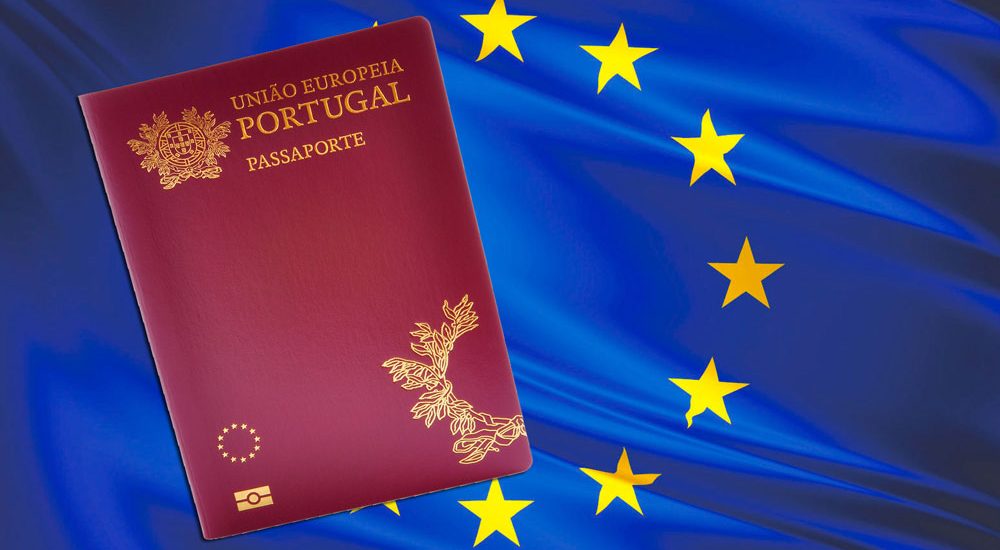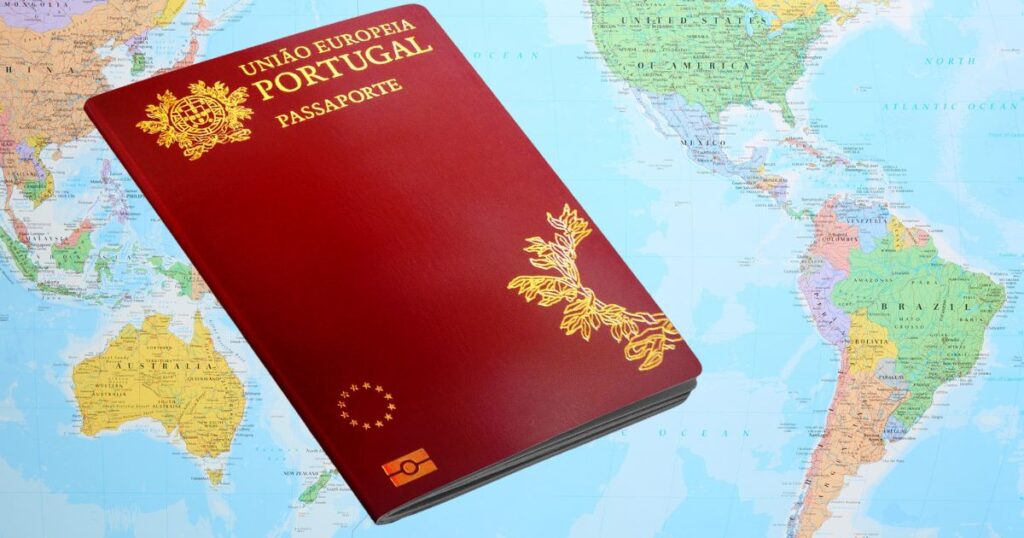The Caribbean CBI/CIP nations has proposed stricter reforms to safeguard the integrity of citizenship by investment programs in the region, according to the draft legislation published by Interim Regulatory Commission (IRC) for the establishment of a regional regulator Eastern Caribbean Citizenship by Investment Regulatory Authority (ECCIRA).
The Agreement applies to the citizenship by investment programmes administered in the Participating States under uniform framework.
- Antigua and Barbuda
- The Commonwealth of Dominica
- Grenada
- Saint Kitts and Nevis
- Saint Lucia
Proposed Changes
1. Maximum Quota – Board shall recommend to the Council a maximum number of applicants who may be granted citizenship by investment in each Participating State in a financial year
2.Minimum Residency – an Applicant to whom citizenship is to be granted shall be required to commit to establishing a genuine and effective link to the Participating State through the fulfilment of residency and integration obligations.
- Being physically present within the territory of the Participating State for an
aggregate of at least thirty days during or up to any of the first five calendar years after the date of the grant of the certificate of citizenship or naturalisation; - Participate in a mandatory integration programme, which may include
(i) civic education, including knowledge of the laws, history and constitutional principles of the Participating State;
(ii) cultural orientation or community service engagement;
3. Passport Validity – A passport issued to an Applicant or citizen shall carry an reduced initial validity of five years, renewable for a full ten‑year period only upon certification by the Unit or other Competent Authority of a Participating State
4. Uniform Standards – The Authority shall develop, adopt, and enforce uniform standards governing the eligibility, documentation, uniform timelines for the processing of applications and the due diligence process requirements in relation to Applicants within the industry.
5. Register – Participating State establishes, maintains and regularly updates a secure Register of Applicants for Citizenship by Investment approval process does not result in the granting of citizenship in excess of the annual maximum amount allocated
6. Personal Interviews – An Applicant shall be required by a Participating State to undergo a personal interview as a mandatory component of the due diligence and application assessment process. interview shall apply to a dependant who —
(a) is eighteen years of age or older at the time of the application; or
(b) is twelve years of age or older and is the subject of any material concern raised
during the due diligence process.
7. Name Change – restrict the change of name of an Applicant or a citizen for a prescribed fixed period –
(a) from the date of receipt of an application and prior to the date that the Applicant has been issued a passport as a citizen; and
(b) after the Applicant has been issued a passport as a citizen.
8. Denials – Each Participating State shall maintain a secure and regularly updated register or data base of all applications for citizenship by investment that have been denied, including the reasons for such denials.
9. Enhanced Due Diligence – The due diligence review shall include, at a minimum —
- identity verification against, national, regional and international watchlists, politically exposed persons databases, and sanctions lists;
- verification of source of funds and wealth, including an independent financial analysis;
- criminal background checks from all jurisdictions where the Applicant has resided or held citizenship within the ten years period immediately preceding the date of the application;
- adverse media screening and reputational risk assessment;
- verification of employment, business interests, and financial activities; and
- liaison with relevant national, regional and international law enforcement or intelligence agencies, as necessary.
10. Close Cooperation – The Participating State shall engage, collaborate or consult with —
(a) national, regional and international law enforcement agencies;
(b) the Authority and all other relevant national, regional and international regulatory and intelligence bodies;
(c) national Financial Intelligence Unit or Financial Intelligence Authority;
(d) CARICOM IMPACS/JRCC;
(e) recognised international databases and watchlists; and
(f) other governmental or intergovernmental agencies with relevant intelligence capabilities
11. Revoked Passports – Participating State shall maintain a register of revoked passports, revocation or recall may occur on the grounds of —
(a) fraud or misrepresentation or concealment of a material fact during the application process;
(b) criminal conviction or security threat of the passport holder;
(c) failure to meet continuing obligations; or
(d) any other ground prescribed by the Regulations, Regulatory Law or other law or determined by the competent authority.
12. ECCBI Database – The Authority shall establish a centralised regional database to be known as the Eastern Caribbean Citizenship by Investment Database (hereinafter referred to as “the Database”), which shall be developed, managed and maintained by the JRCC in accordance to data protection and end-to-end encryption of data.
The draft law is currently receiving public feedback after that signed by five EC states and will come into law.





